A committee of pupils, the 1+2 Development Officer, Le Français en Écosse ( LFEE), the merchandising director of the company and the teachers worked together to plan a programme of identified activities and visits for all year groups. The project was then called “From Sheep to Shop – the story of wool”.
To start the project, Holland & Sherry visited the school to present the company and teach some classes how to weave.
The learners then took part in a range of different activities appropriate to their age and stage.
Children in nursery and primary one were helped by parents to make clothes from wool. They also created a woolly sheep. The children learned some French through song and labelling parts of the sheep.
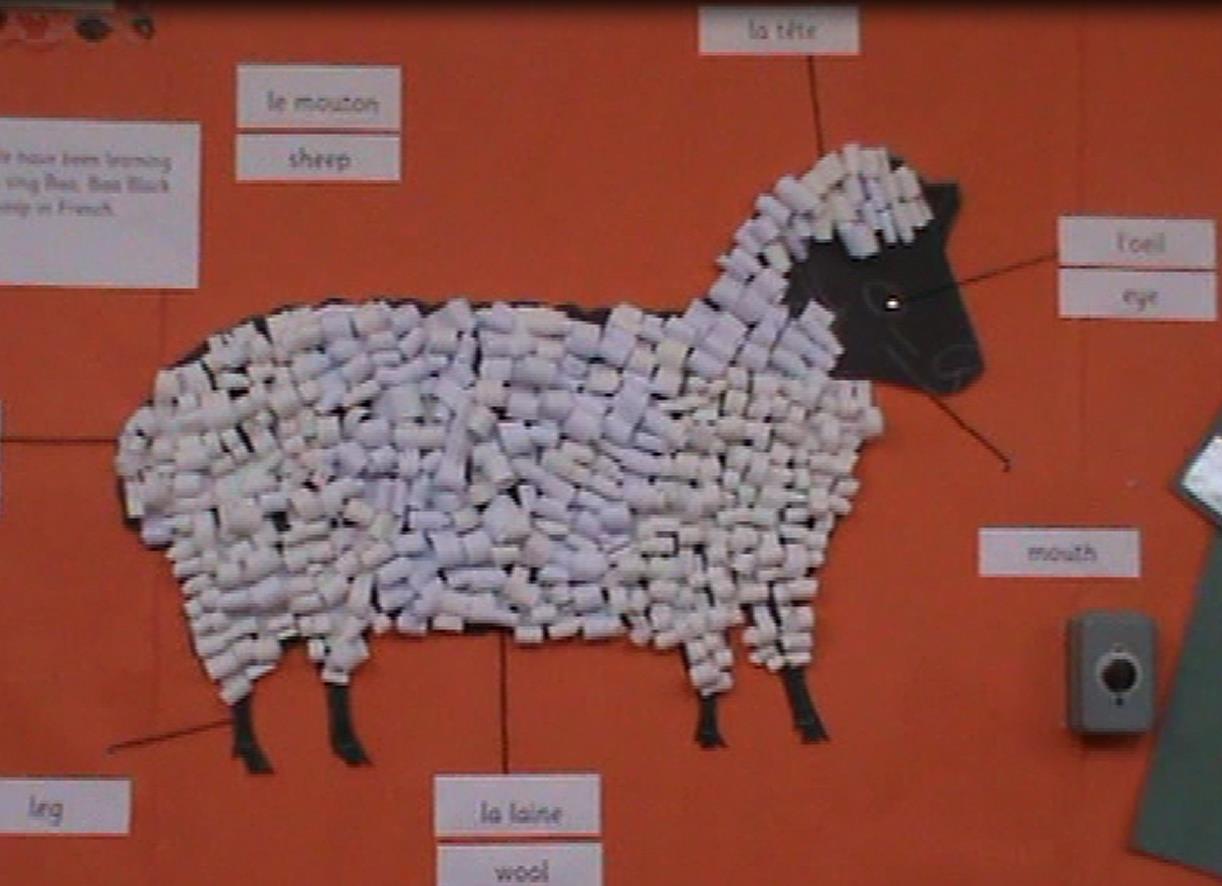
The children in primary two class learned how to weave with paper and wool and learned about colours and a weaving song in French.
The primary three class visited a woollen mill to see the weaving process. Back at school they experimented with mixing colours in French and learned a rainbow song.
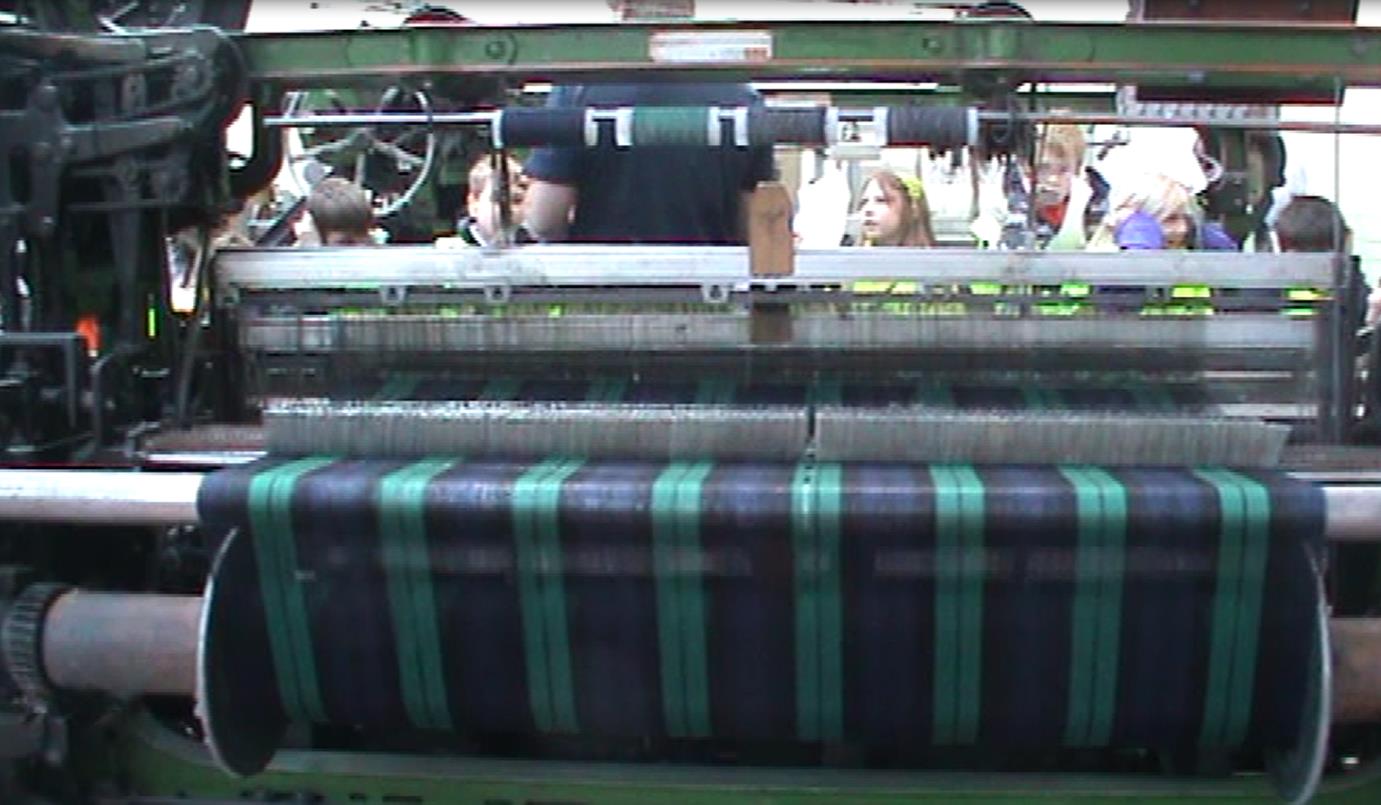
Children in primary four studied the process of getting the wool from the producer to the shops and investigated how to go from Peebles to Paris where Holland & Sherry has an office. They also learned about the landmarks in Paris. Then, learners created a French animation showing different methods of transport. The children developed their talking and writing skills by adding speech bubbles and voice overs to their animation.
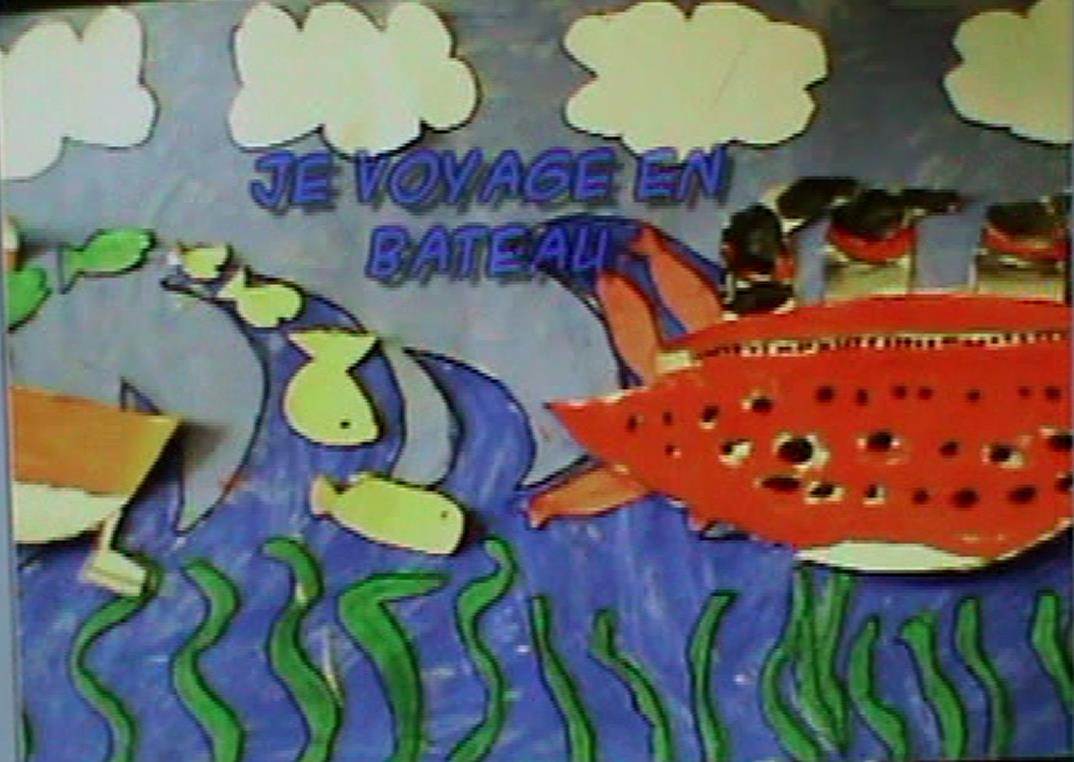
Children in primary five visited Holland & Sherry to create clothing designs on their software, and then made models using different fabrics.
"My colleagues and I enjoyed being able to give some time to the school, it was an experience that enlightened us all, we found it amazing at just how talented some of the children were in the field of design and hoped that one day some of them would pursue a career in design of some kind." Merchandising Director, Holland & Sherry
In French, the youngster learned how to describe items of clothing and parts of the body through a variety of activities, including song.
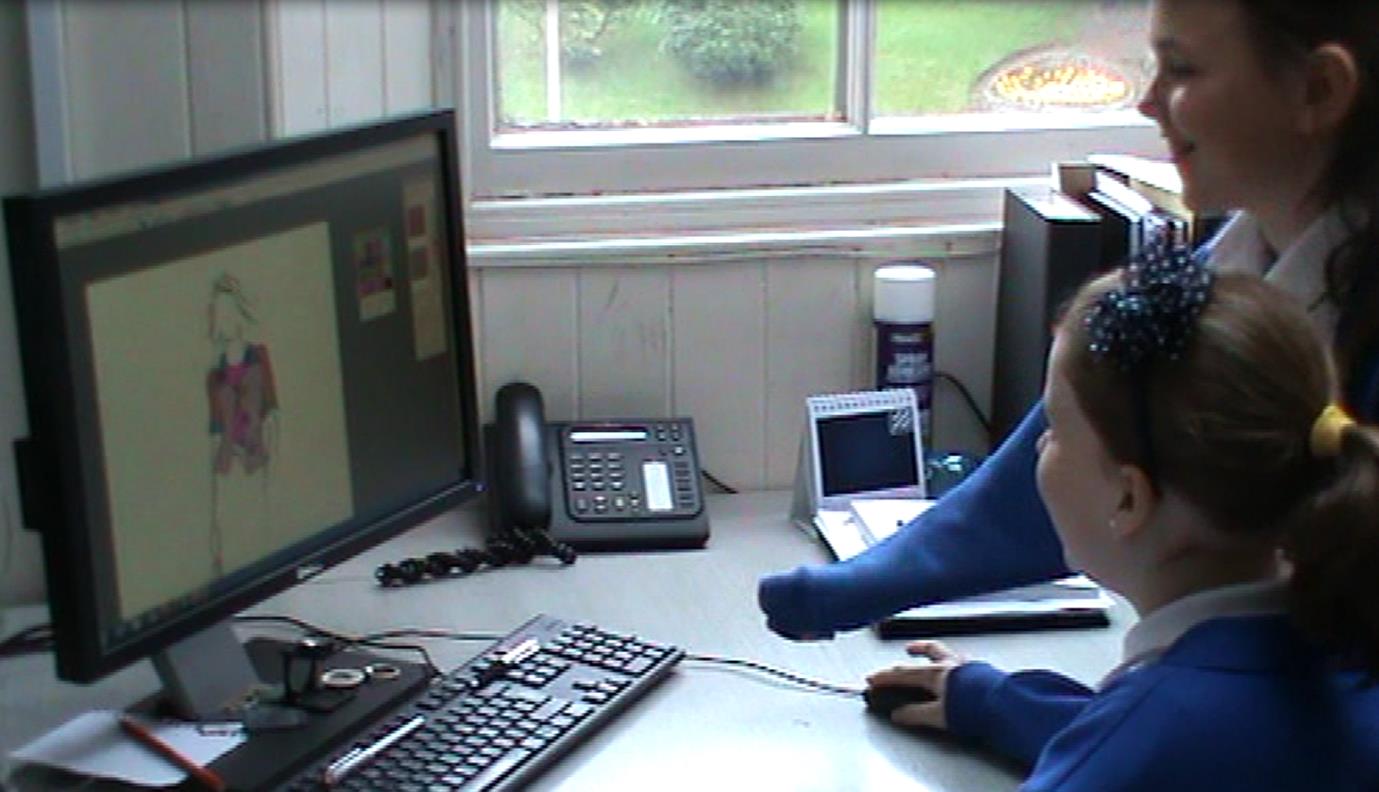
Primary six learners also visited Holland & Sherry to interview the staff who spoke other languages in French and English. They also found out that learning another language can help them in the future.
"When the initial visits to Holland & Sherry started the main emphasis was about learning French and the importance of being able to speak another language, but during the visit it became apparent that there are numerous languages spoken within our business that are equally as important; without these language skills our business would not function." Merchandising Director, Holland & Sherry
"We thought it was a great experience interviewing the staff, learning about all their different languages and cultures. For example, if you lay your chopsticks on a table pointing at someone, it is an insult!" P6 pupil
"From these interviews, we found out how important another language really is to get a job with the competition for jobs these days." P6 pupil
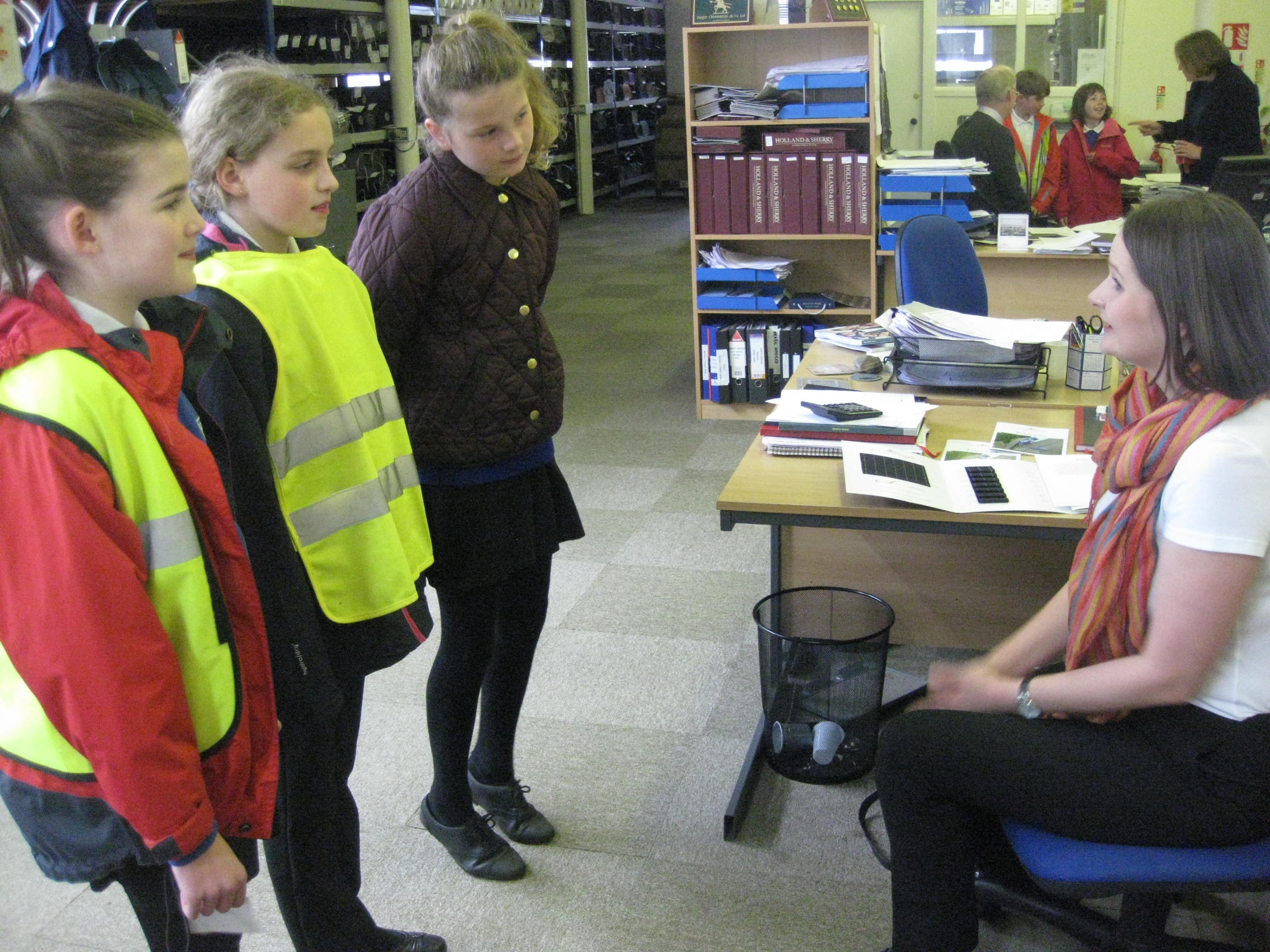
Children in primary seven developed role plays, taking on the role of employee from Holland & Sherry working in various parts of the world and ‘interviewing’ each other about certain aspects of their job.